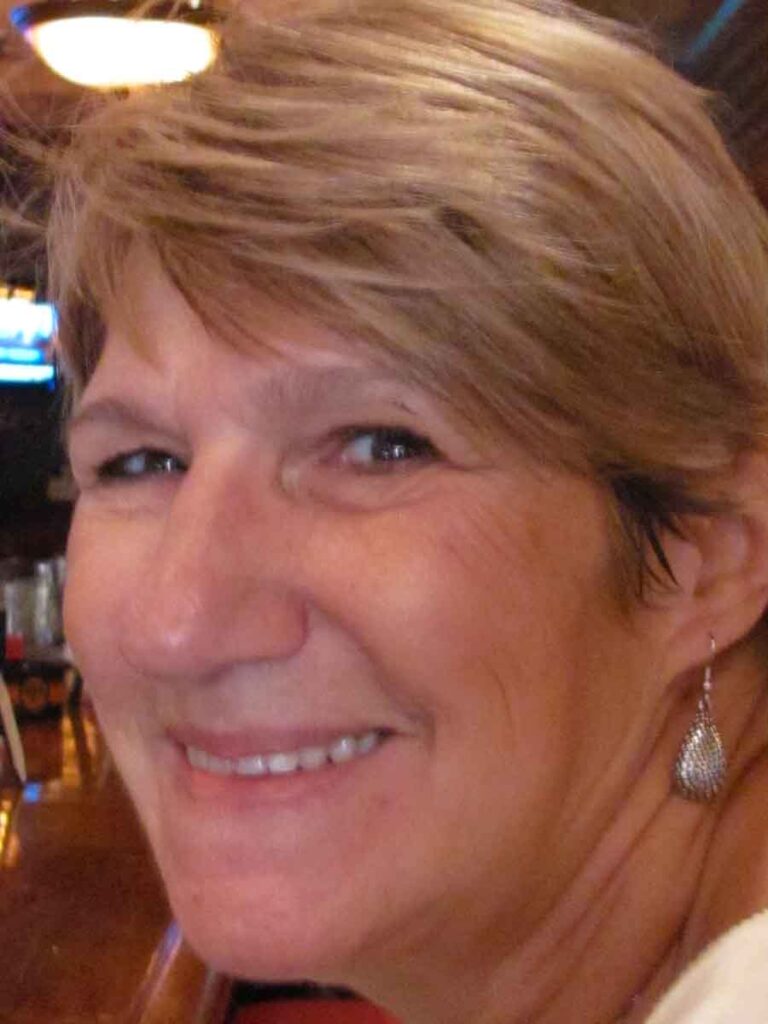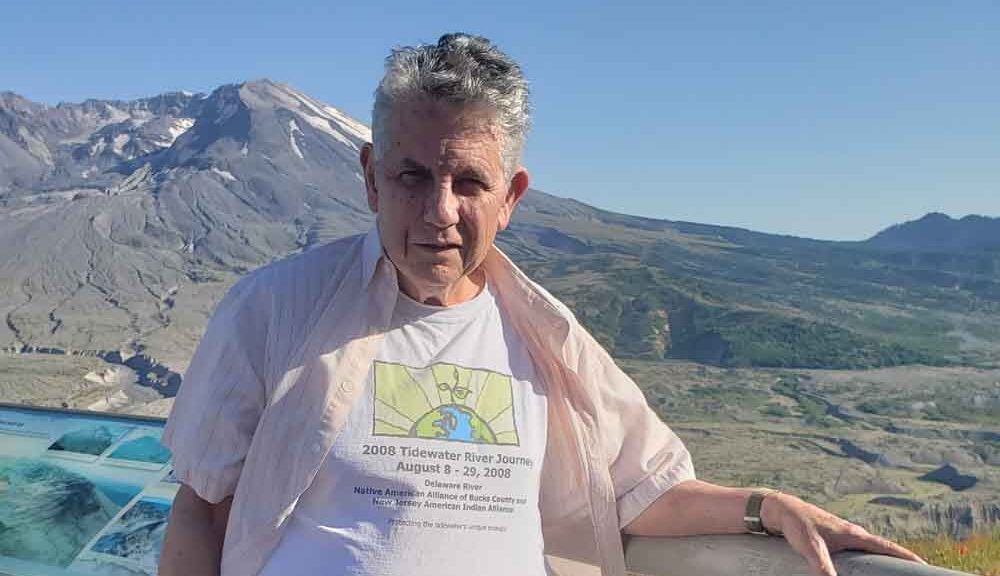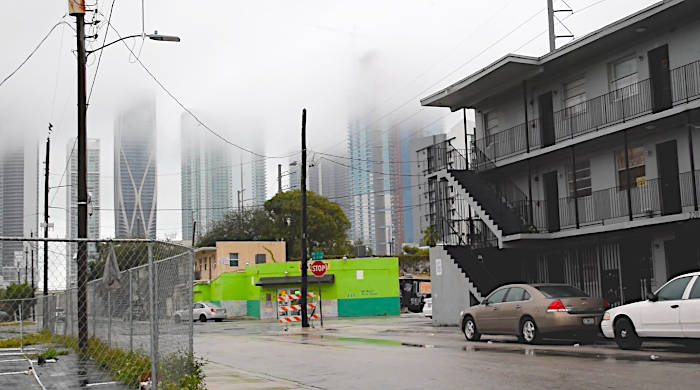Sixty-three days after Alice McCormick passed away in 2020, the Aphasia Network planned its annual couples’ retreat. Because of Covid, they made it a “virtual event.” Aware of Alice’s demise, I was summarily invited as a “surviving widower.”
I accepted the invitation. It would have been stupid to refuse.
Both Alice and I loved the stroke survivors we met and several students-in-training, and I wanted to commiserate with them again. I suspected that seeing them on Zoom might help console me, but the virtual mass communication felt pretty empty.
In one of the sessions, two unfamiliar women in their 20s were chosen randomly to be my student counselors, and I determined I wasn’t going to cry for them. Instead, I looked for something else to focus on, so in desperation I grabbed hold of a page containing proposed chapter titles for my upcoming book. After a few strange-sounding niceties, I pointed to the proposed chapter titles. Chapter 4 stood out.
Typed in was a profane version of the N-word bandied about by white people in the 1950s describing the slum community close to downtown Miami. I knew if I ignored the epithets I heard about N-town, my book would be a fraud. Therefore, I tiptoed uncertainly. (I was denied a plum opportunity early in life because my skin color was too dark. Now that my childhood color has dissipated, I look like any old white man. But memories don’t disappear, so vivid moments from the past were relived in my head before currently residing in my manuscript.)
I read the objectionable word aloud and posed a follow-up question to the two students: “Do you think that’s appropriate?” I read the word again. “Is there another way to describe this?” Since these were university students, I wanted their input. We could work together to find acceptable terminology, right?
Wrong!
All of sudden, their live images disappeared, a blank wall took their place and a supervisor appeared forthwith on my computer monitor castigating me for saying and repeating an offensive word. Perhaps I was stupid. Or Pollyannaish. Or something. Nevertheless, my grief losing Alice was magnified.
This conundrum occurred three years ago. I’m a writer, not a coward, right? So afterward, while struggling to rewrite the harsh chapter title, I came up with a politically correct replacement: “N-town with three syllables.” And today, Chapter 4 has been completely written, rewritten and edited to conform to modern-day sensibilities.
Meanwhile, Portland’s Aphasia Network has risen from the dead. A gathering of old friends and adversaries is looming for a renewed camping experience June 9-11, this time in person at the familiar Methodist facility north of the fishing town of Garibaldi on the Pacific Coast. That’s fine with me. However, in anticipation of revisiting treasured memories, I’m being dragged through mud from the past. Former close friends in the group no longer communicate with me, and I suspect I’m being ostracized.
The Aphasia Network coordinates its camping weekends with Pacific University. This year’s event may be its last, so memories of our interactions are important. I also want to refresh the participants’ memories of Alice. But I don’t want any hint of a scandalous character assassination.
Historically, Pacific University once participated in eradicating Indian cultures, seizing their children to create strict boarding schools to “civilize” the “savages.” The infamous Carlisle School in Pennsylvania is an apt comparison. And Pacific originated in a state whose intent was to be lilywhite, threatening black people to leave its boundaries or face the sting of 39 lashes from a bullwhip in retribution.
Much of the state’s discredited liberal policies stem from an overreaction to its racist past. And that hasn’t changed much. Portland is still the whitest big city in the United States. That’s a fact.
Almost in tears three years ago, I related the hue and cry from my sorry interaction with students to my cousin, Margaret Johnston. She advised, “You will have to find a way to truly describe Oregonians – so open-minded but so un-worldly. So quick to judge and ostracize, while all the time touting to be fiercely liberal. But only as long as you think and act as they see fit.”
Margaret was “right on.” She now lives in Arizona.
In their book, The Coddling of the American Mind, Greg Lukianoff and Jonathan Haidt reveal three false mantras guiding college students today: “Strive to avoid unpleasant experiences at all costs,” “always trust your emotions over reason” and “the world is a black-and-white battle between good people and bad people. There is no middle ground.” With all the money students commit to attending college, the university experience now panders to students and avoids controversy. Period.
Meanwhile, my three-year-plus writer’s narrative is transitioning to the day I met Alice. I remember how on September 24, 2010, Alice draped her long, sinewy arm around me inside Andre’s, a subterranean wine-and-cheese bar inside the Doylestown (PA) Marketplace, and cooed loudly in my ear, “Oh, here you are, dear. I’ve been looking all over for you.”
That’s when I was smitten. And I had it bad. It took 67 years to finally meet the girl I was made to love.
So I’m trying to avoid stupid distractions. Alice sometimes comes alive in my head, and I trust she will guide me.
At least, I hope she will, because this shit is getting old.


